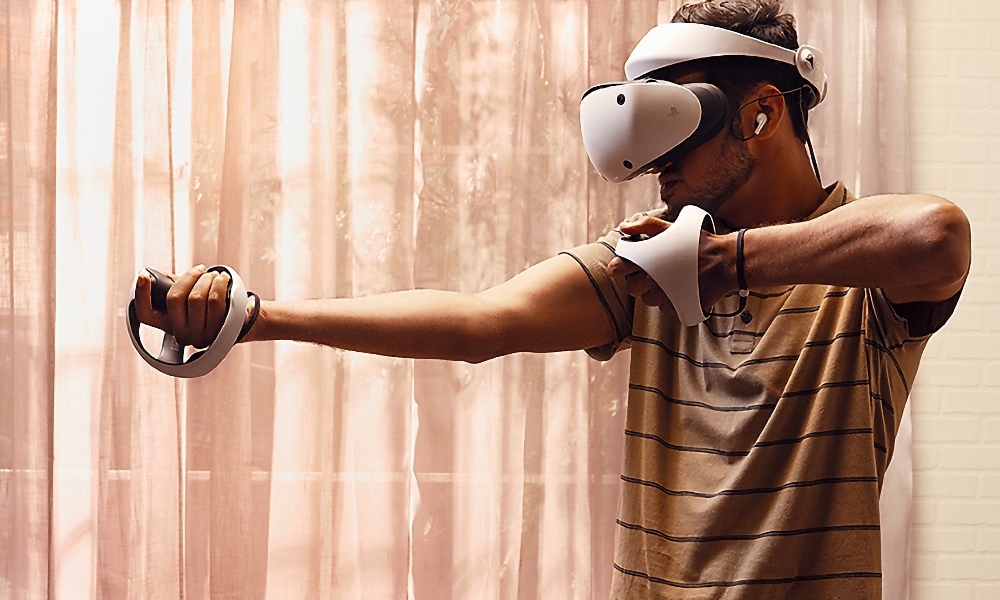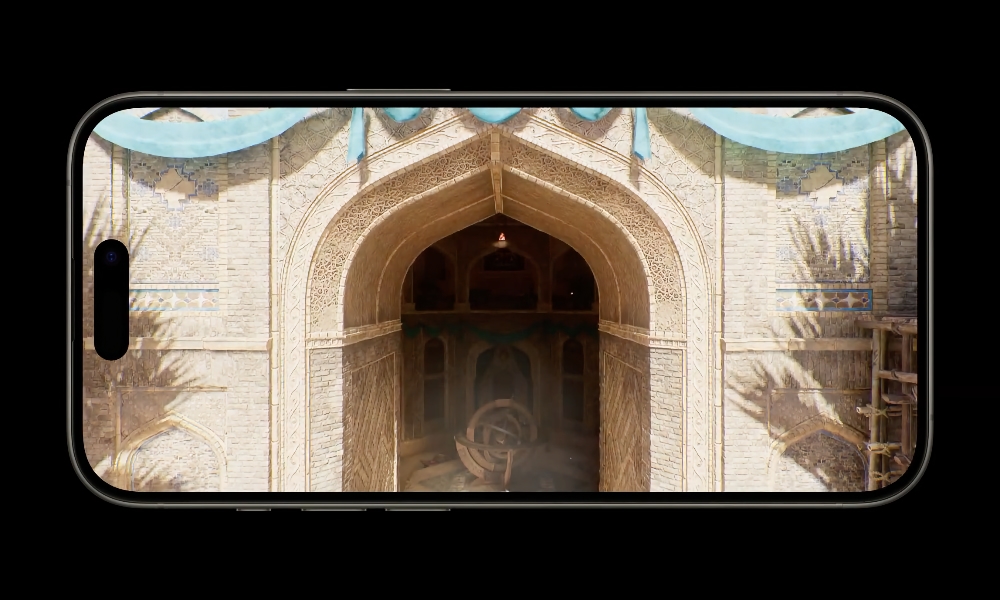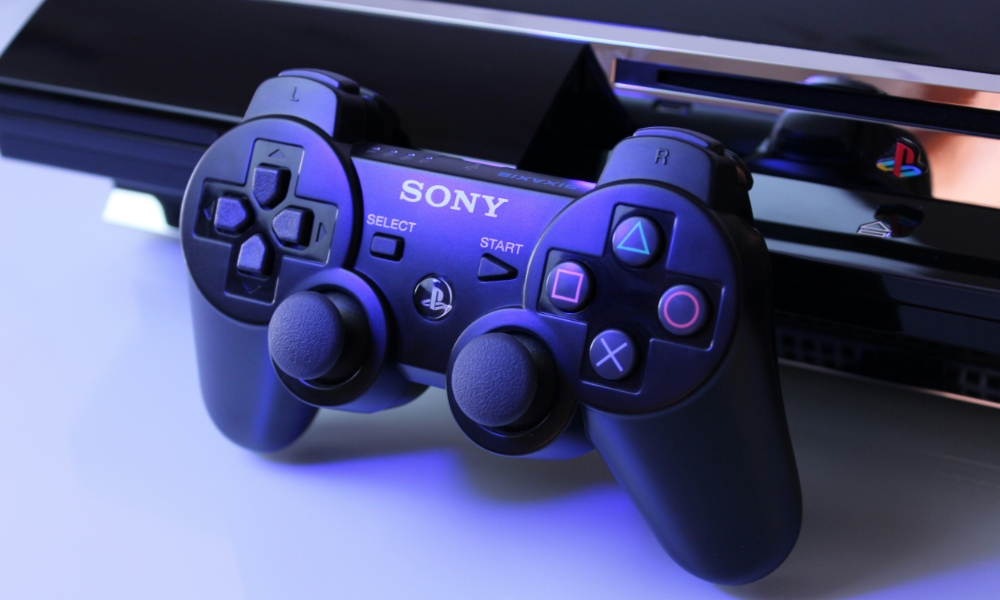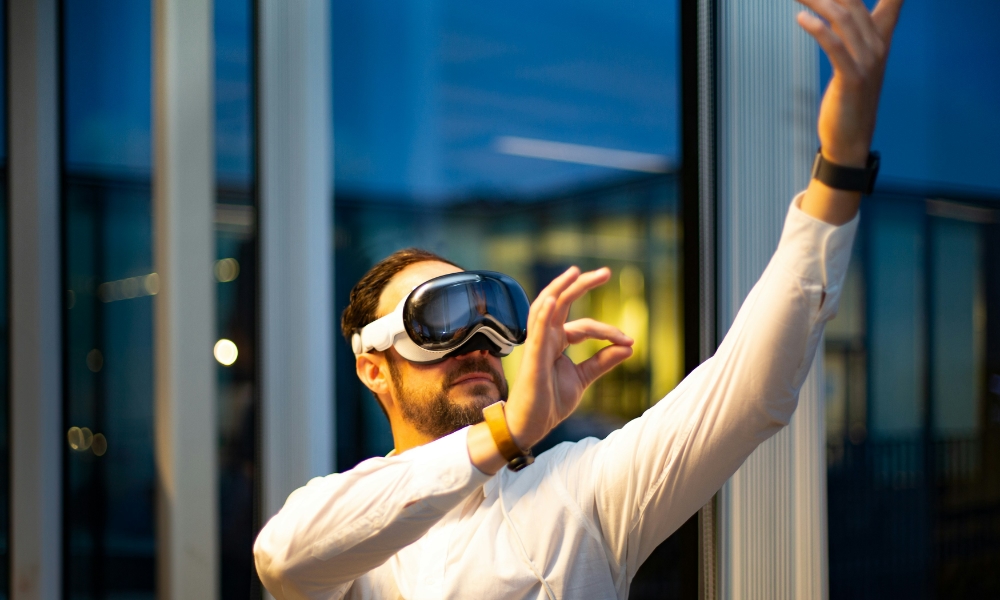Apple and Sony Join Forces for Vision Pro Gaming
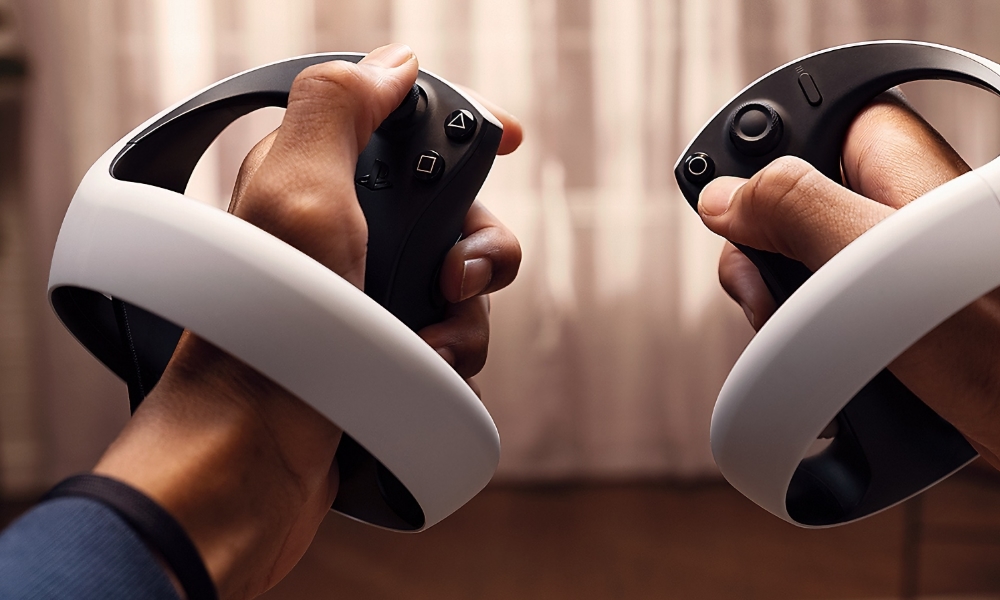 Credit: Sony
Credit: Sony
Toggle Dark Mode
Although Apple seems content with the Vision Pro’s status as an early adopter product at this stage, the company undoubtedly has greater ambitions for its spatial computing headset. However, it may not be able to pull everything off on its own.
The first-generation Vision Pro may be a pricey and niche product, but there are some things it inarguably does very well. Apple has nailed the spatial computing paradigm — the ability to effectively integrate apps and even your Mac display into the world around you — and its immersive environments are stunning. Video content is still a bit limited, but that’s only a matter of time.
However, gaming is one area where the Vision Pro is starting from behind. Competitors like Meta, HTC, and Sony have a big head start in this area, albeit mainly in virtual reality experiences rather than augmented reality. The Vision Pro certainly has the power to handle serious gaming — it has the same M2 chip found in the M2 iPad Air. Nevertheless, Apple may need some help if it wants to get the Vision Pro to where it needs to be — and it’s reportedly seeking out a partnership with an unlikely ally to this end.
Over the weekend, Bloomberg’s Mark Gurman reported that Apple has been working with Sony over the past several months to add support for PlayStation VR2 hand controllers to the Vision Pro. Sony has been hard at work on this, while Apple has spent its time approaching third-party developers about integrating controller support into their games.
According to Gurman, Apple’s failure to attract game developers isn’t merely because Vision Pro hasn’t yet hit the mainstream; it also stems from a design philosophy that preferred to focus on hand gestures rather than hardware controllers. Despite several rumors of handheld controllers over the years, Apple’s project leads, including then-design chief Jony Ive, insisted the headset rely on eye movements and hand gestures instead.
But Apple made a decision during the Vision Pro’s development that hurt its gaming prospects. Urged on by designer Jony Ive and hardware executive Mike Rockwell, the company chose to focus on the device’s novel interface, which relies on eye movements and hand gestures. Bringing a controller accessory into the equation would have been confusing to developers and further increased costs.Mark Gurman
Gaming reportedly wasn’t at the forefront of the team’s mind, who preferred instead to focus on unique features that they hoped would set Apple’s headset apart, such as the video pass-through cameras and the complex sensor arrays that make for a truly compelling spatial computing experience. These require such a high level of memory and processing resources that there isn’t much left over to accommodate high-end games.
It also doesn’t help that Apple has always had a somewhat awkward relationship with game developers. It was willing to bankroll some pretty big projects for Apple Arcade in 2019, including getting the legendary Final Fantasy creator Hironobu Sakaguchi on board to produce Fantasian — a title that’s only coming to traditional consoles four years after its exclusive Apple Arcade release — but it’s mostly been reluctant to pay big developers to build content.
Instead, Apple’s executives seemed to think its reputation on the iPhone front would have the big game studios lining up to build apps for the Vision Pro. After all, Apple had no problem getting some prominent AAA console titles on board for last year’s iPhone 15 Pro launch, but the results show how far apart the Vision Pro and the iPhone are.
Game developers are pragmatic. They are in business to make money, after all. Ubisoft didn’t bring Assassin’s Creed Mirage to the iPhone out of any special love for Apple; it did it because there are nearly 1.5 billion iPhones on the market. Granted, not all of those can play Mirage, but over 200 million new iPhones are being sold each year, and we’re now in the iPhone 16 era, meaning there are now six iPhone models that can handle AAA mobile games (not to mention the M-series iPads that have been on the market since 2021).
By comparison, Apple has sold less than half a million Vision Pro headsets, and the device has yet to prove whether it will have staying power. Studios aren’t willing to risk their own money on that, and Apple hasn’t been ready to open its wallet to encourage them to get on board.
Like Apple’s other devices, the Vision Pro supports standard PS5 and Xbox controllers, but these don’t offer the six degrees of freedom (6DOF) necessary for precision VR gaming. The PlayStation VR2 controller will fill that gap without forcing Apple to reinvent the wheel with its own controllers. They can also provide the kind of precision needed by professional apps like Photoshop and Final Cut Pro, where eye-and-hand tracking still doesn’t cut it.
The project is reportedly far enough along that Apple and Sony planned to announce the VR2 controller support a few weeks ago, but it was postponed for unknown reasons. Gurman says that he believes an announcement is coming but acknowledges it could still be abruptly scrapped if the two companies can’t work out the final details — one of which is Sony’s ability to package the VR hand controllers as a standalone accessory and sell them through Apple’s online and retail stores.
Proper VR controller support is a significant step in the right direction. Still, it remains to be seen whether it will be enough to entice game studios to begin developing and porting titles for the Vision Pro. If Apple wants to get the Vision Pro to be taken seriously as a gaming headset, it’s going to need to do more than just address user interface issues; it may have to change its marketing approach and possibly even bankroll a few games, whether through Apple Arcade or as standalone titles.
[The information provided in this article has NOT been confirmed by Apple and may be speculation. Provided details may not be factual. Take all rumors, tech or otherwise, with a grain of salt.]


